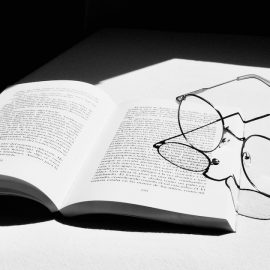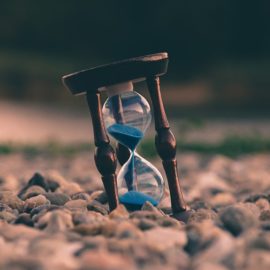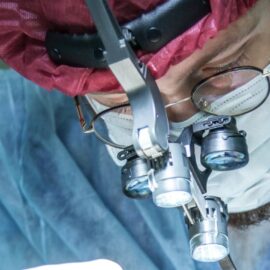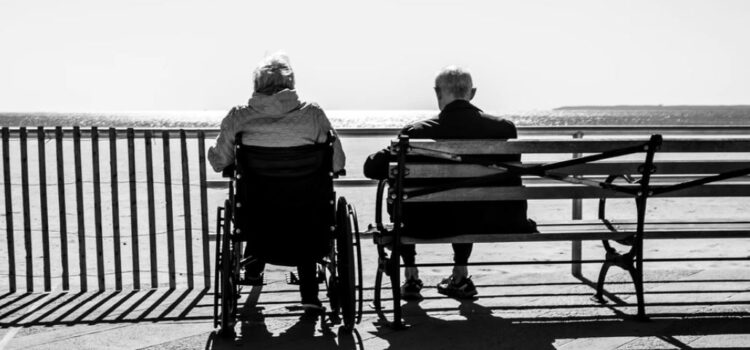
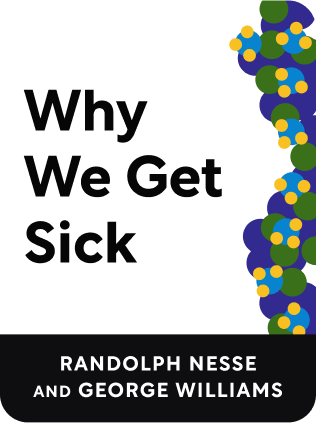
This article is an excerpt from the Shortform book guide to "Why We Get Sick" by Randolph Nesse and George Williams. Shortform has the world's best summaries and analyses of books you should be reading.
Like this article? Sign up for a free trial here .
Why is the female lifespan longer than a male’s? Why do women go through menopause?
These questions about human senescence, or aging, can be explained through Darwinian medicine. Darwinism says that the human body prioritized reproductive health above all else. That means that it will prioritize short-term reproductive fitness over long-term sustainability.
Keep reading to learn more about the process of senescence.
Nuances of Human Senescence
What people call aging is biologically termed human senescence, the bodily deterioration accompanying age. Human organ systems tend to wear out at the same rate, on average. Maintenance and repair systems lose their efficacy, and old people become progressively more vulnerable to diseases and injuries.
Senescence has been stable over time. Over the past centuries, the average human lifespan has increased, but the maximum lifespan has not. Despite all our medical advances, humans cannot live past about 115 years.
Why Males Die Earlier than Females
In humans, males live an average of seven years less than females. The authors of Why We Get Sick argue this is because males must compete for female mates, and much of male physiology is devoted to this competition. Less concern is paid to the preservation of the body. If an unusually fit male can mate with many women and have a lot of offspring, while mediocre males mate with no women and have no offspring, it makes sense to devote resources to this competition.
The Mystery of Menopause
Menopause is somewhat of a mystery. Why should women stop reproducing at any age?
This might be explained by a mother needing to split finite resources over children. Having too many children might decrease the fitness of the mother’s children. Menopause is a natural safety switch to conserve resources for her limited number of offspring.
Why don’t males undergo something like menopause? They stay capable of reproduction well into old age. Because for most of history men could not prove that a child was theirs, they tend to participate less in childcare. Their strategy, then, is to mate as frequently and over as long a period of time as possible. Any male that ceased reproduction early would be at a large reproductive fitness disadvantage.
Anti-Senescent Genes
Some genes may do the opposite of the above, conferring advantages throughout adult life at some cost to reproductive fitness.
For example, gout is caused by urate, an antioxidant that scavenges radical oxygen species. It’s possible that people who suffer from gout may show decreased senescence.

———End of Preview———
Like what you just read? Read the rest of the world's best book summary and analysis of Randolph Nesse and George Williams's "Why We Get Sick" at Shortform .
Here's what you'll find in our full Why We Get Sick summary :
- Why evolution hasn't rid humans of all diseases
- How reproductive fitness is more important than overall survival
- How you evolved to dislike the sound of a baby crying

